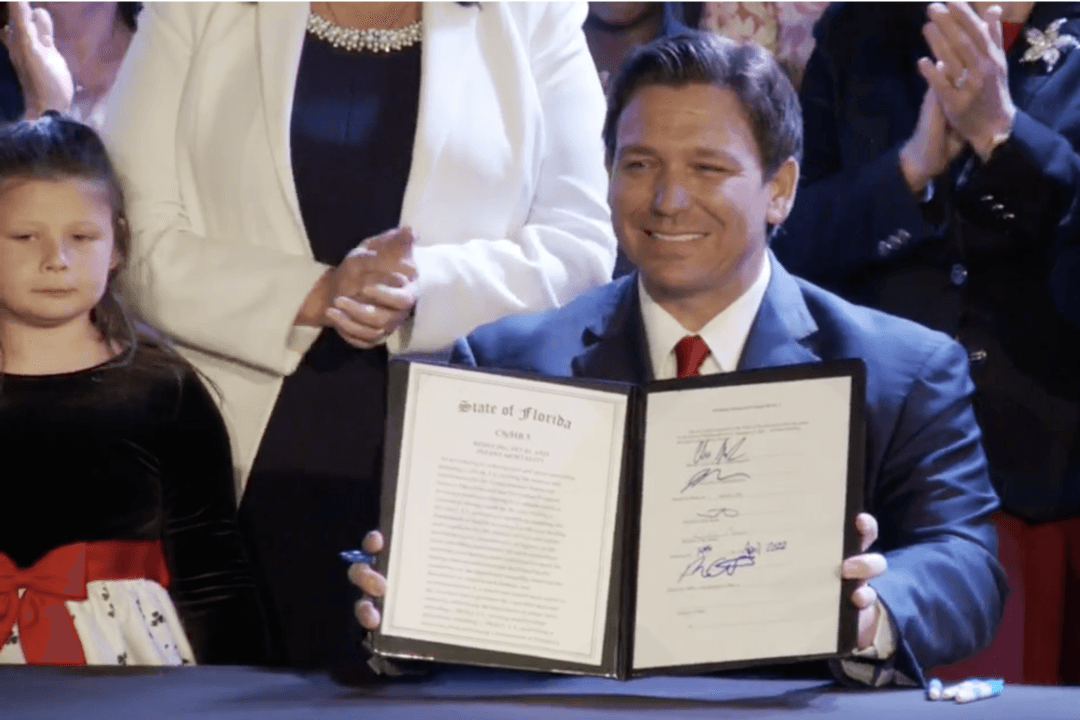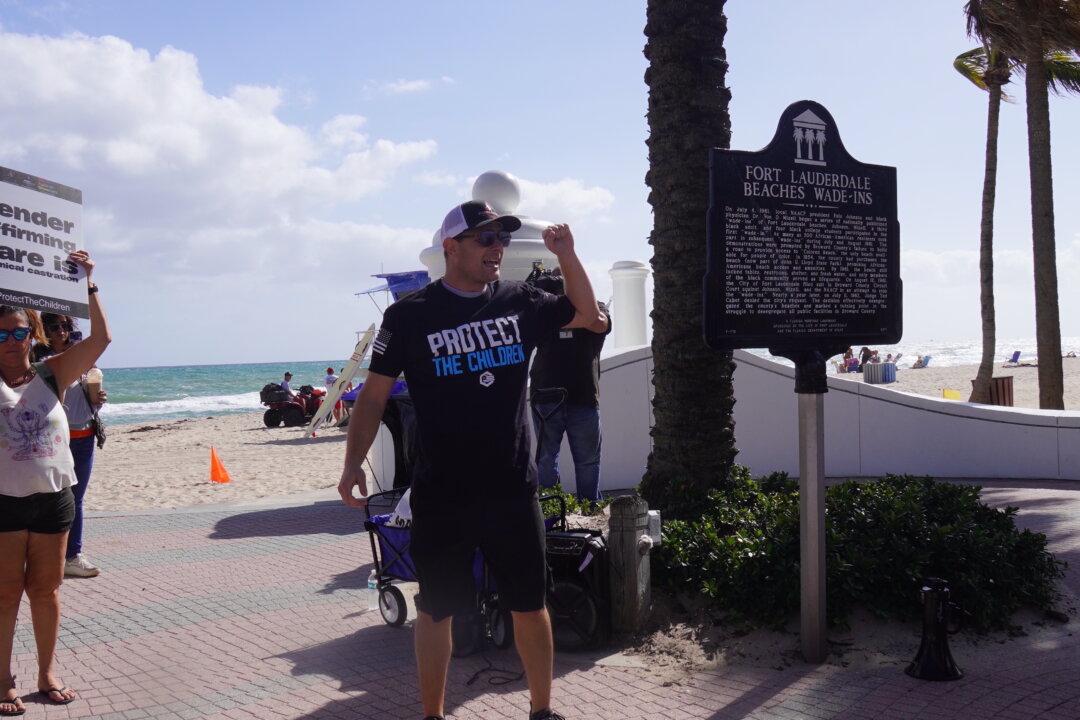PUNTA GORDA, Fla.—A circuit judge declared Florida’s 15-week abortion ban unconstitutional by “delaying it” and Gov. Ron DeSantis said the decision was not “unanticipated.”
Leon Circuit Judge John Cooper ruled on June 30 that the new law signed by DeSantis in April was “unconstitutional” and that it was “temporarily delayed,” but would only take effect after he “issued a written order”—meaning it could still take effect on July 1.




